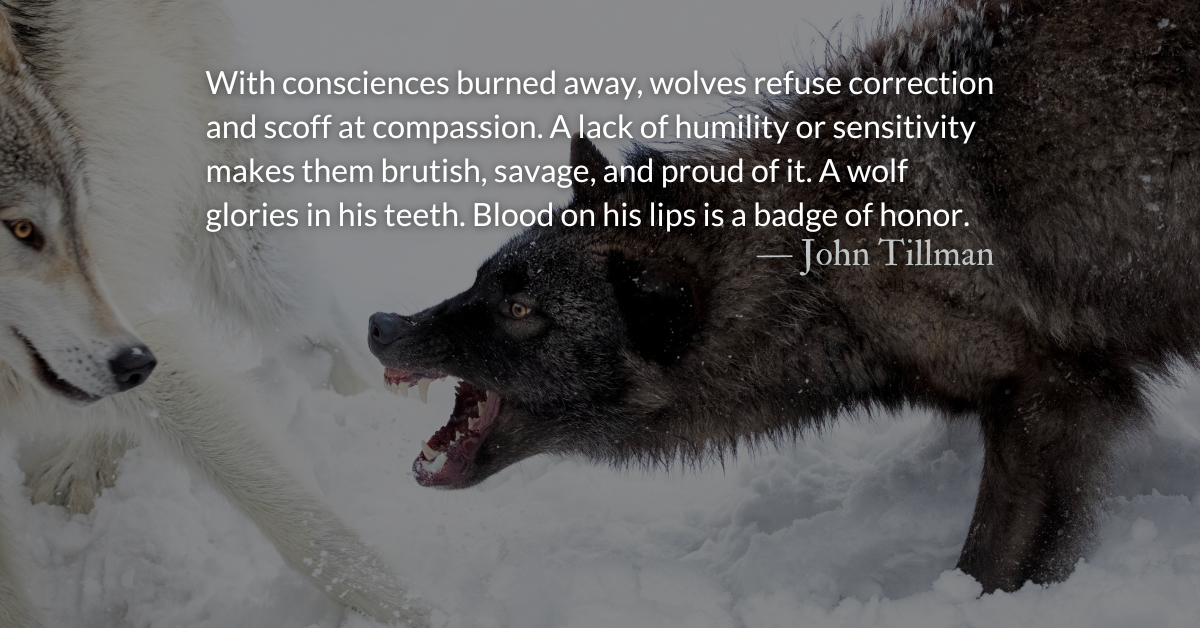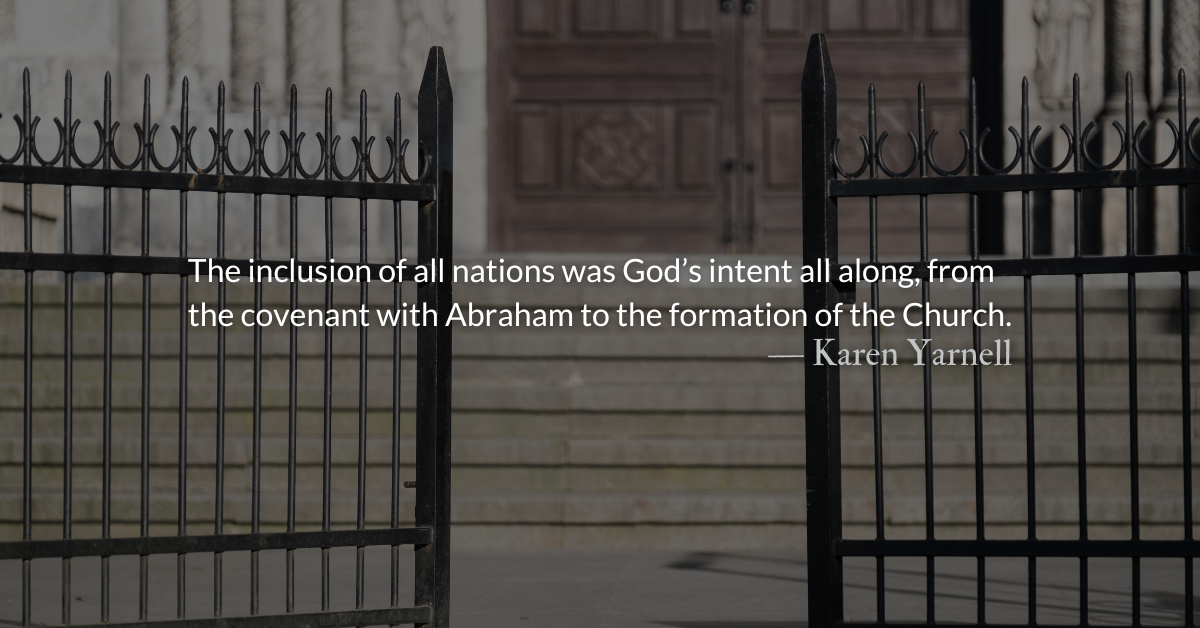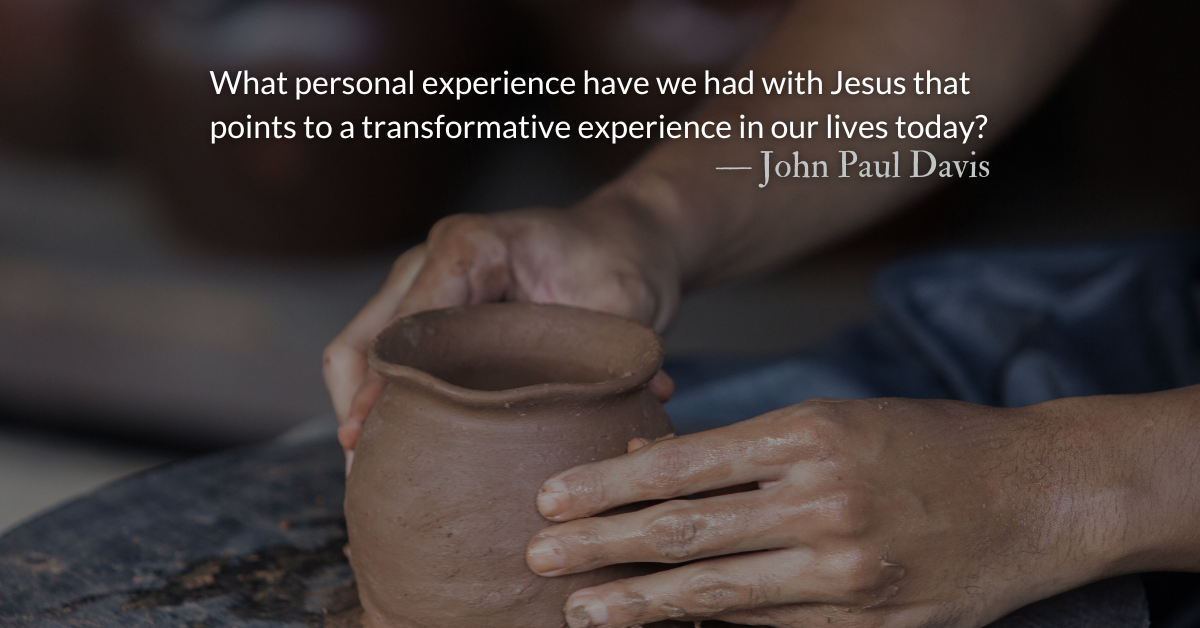Scripture Focus: Revelation 14.6-7
6 Then I saw another angel flying in midair, and he had the eternal gospel to proclaim to those who live on the earth—to every nation, tribe, language and people. 7 He said in a loud voice, “Fear God and give him glory, because the hour of his judgment has come. Worship him who made the heavens, the earth, the sea and the springs of water.”
Acts 17.30-31
30 In the past God overlooked such ignorance, but now he commands all people everywhere to repent. 31 For he has set a day when he will judge the world with justice by the man he has appointed. He has given proof of this to everyone by raising him from the dead.”
2 Corinthians 6.1-2
1 As God’s co-workers we urge you not to receive God’s grace in vain. 2 For he says,
“In the time of my favor I heard you,
and in the day of salvation I helped you.” (Isaiah 49.8)
I tell you, now is the time of God’s favor, now is the day of salvation.
Reflection: A Time of Peace and Favor — Peace of Advent
By John Tillman
Advent, arguably, is more about Christ’s second advent than his first. His first advent is used by the church to teach us how to anticipate his second. We look back to look forward. He came in meekness but one day will come in power. He lay in a manger but one day he will sit on a throne. He rode in on a donkey, with open hands, but one day he will ride on a horse, wielding a sword. Just as he was unexpected at his first advent, he will be unexpected at his second.
The angel in Revelation flies across the sky with “the eternal gospel.” The hour of judgment is coming but the hour of proclamation precedes the hour of judgment. The hour of salvation precedes the hour of damnation. The hour of invitation precedes the hour of separation.
This is the time in which we live. We are, in a sense, in midair, hanging between Heaven and Earth, poised between proclamation and judgment.
Christ’s eternal gospel has a time and that time is always and ever now. His gospel is ever-reaching, ever-welcoming, ever-wooing. Now is the time for us to proclaim. Let us proclaim it faithfully.
Now is the Time
Now is the time of favor.
Now is the time of grace.
Now is the time God in Heaven has a baby’s face.
Now is the time of birthing.
Now is the time of life.
Now is the time when death foresees perishing in strife.
Now the manger holds him
Now the child sleeps
The cross will one day hold him. There he will make peace.
Now is the time of calling.
Now is the time. Shalom!
Now is the time prodigals find feasts and love at home.
Now is the time of mercy.
Now is the time. Repent.
Now ruffians and scoundrels are forgiven and sent.
Now is the time to witness.
Now is the time to woo.
Now is the time to expose idols that make us fools.
Now is the time of appeal.
Now is the gospel spread.
Now we must bear witness. Telling what he said.
Now won’t last forever.
Now is just today.
Now is opportunity to choose the narrow way.
Divine Hours Prayer: The Greeting
You are the Lord, most high over all the earth; you are exalted far above all gods. — Psalm 97.9
Today’s Readings
Nehemiah 5 (Listen 3:29)
Revelation 14 (Listen 3:51)
This Weekend’s Readings
Nehemiah 6 (Listen 3:19) Revelation 15 (Listen 1:29)
Nehemiah 7 (Listen 6:37) Revelation 16 (Listen 3:17)
Read more about Supporting Our Work
Please consider becoming a one-time or monthly donor! Support ad-free content that brings biblical devotionals to inboxes across the world.
Read more about Peace from Labor
“What Child is This?” speaks to the unexpected form of our Savior. Good Christians, fear, for sinners here / the silent Word is pleading. His labor of love never ceases.






